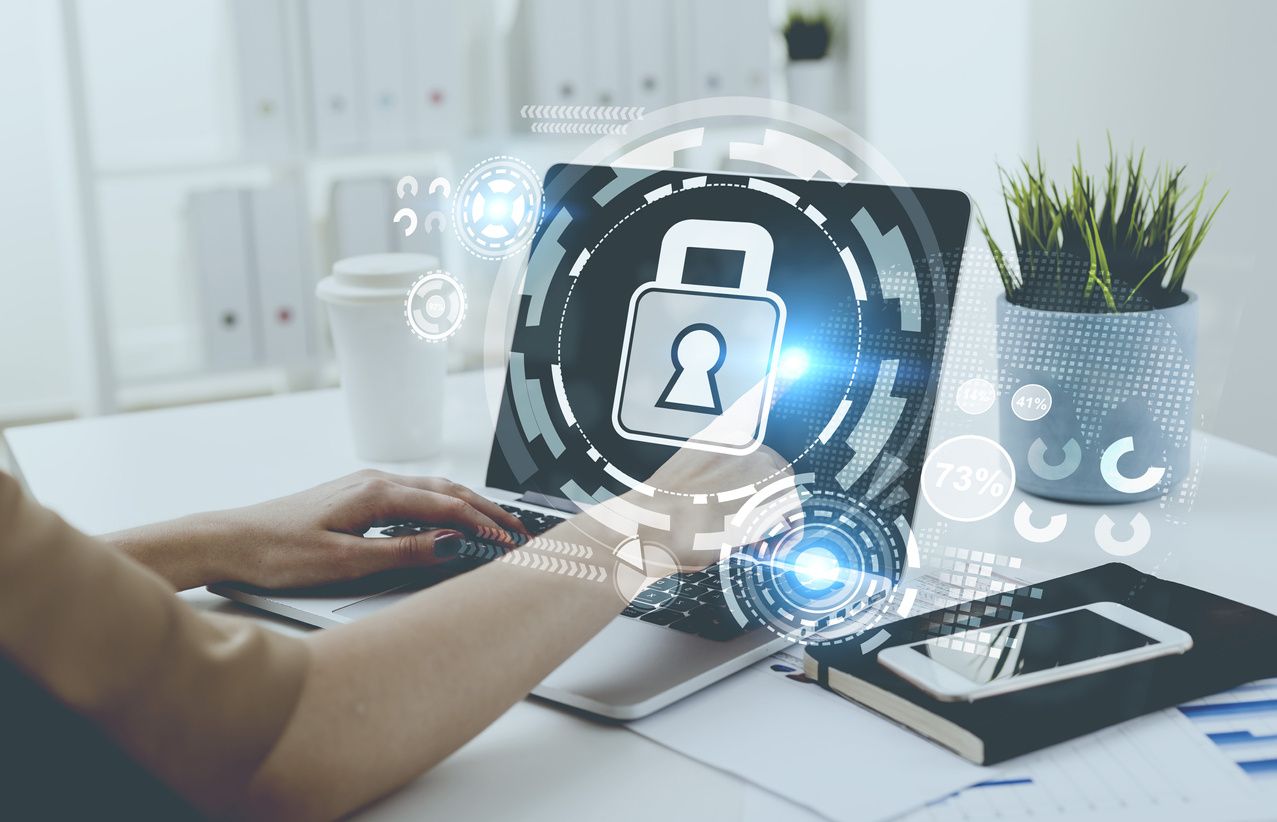5 ways to keep your cyber life a bit more secure on Safer Internet Day
The internet is a space where we all close our eyes and jump right in — a cloudy quagmire that we just know really isn't safe, but then again what choice do we have. Safer Internet Day, held annually in early February, is a global aim to give everyone better tools — primarily children and young people — so they can navigate online with more awareness. In honor of the day we've culled five of our favorite tips on how to make your, and your family's, online experience a bit safer.
Read More:
- Fake Alexa iOS app is phishing for your data
- How to practice cyber hygiene
- Cybersecurity of child's smartwatch was a 'train wreck' say experts
Practice cyber-hygiene
iStock
Enable two-factor authentication whenever possible
As the organizers from Safer Internet Day will tell you, keeping your online devices clean is crucial. What does that mean? At its basic level you can start by using strong passwords — preferably with two-factor authentication. Many web sites now support two-factor authentication, such as Gmail, and nearly every social media site from Twitter, Facebook, Instagram and WhatsApp. The process means that after entering a password, a second code is sent through another avenue, such as email or a text message. It's never a guarantee you won't be hacked. But it's certainly an extra level of protection
Know what you’re downloading
iStock
Read reviews before downloading apps to your smartphone
You don't need to be fluent in coding language to read reviews and find out if the app you want to download may not be working right. Some people may have been able to avoid downloading a recent slew of malicious apps in the Google Play Store just by noting that the majority of comments were either five stars or one star — a sure sign that likely some of the reviews were fakes, and some from users who found the app more than bland, but a problem.
Research before you buy apps or devices
iStock
Before installing an app or buy a product for a younger family, run some due diligence
Do a bit of sleuthing before you buy the devices that will take you online. A smartwatch, aimed specifically at children, could also reveal their name, address and location just with a bit of online cyber know-how. When your considering giving children an online-connected device, or adding apps to one of those products like a smartphone or smartwatch, it's worth going online and seeing if there are any concerns around their security.
Don’t share Wi-Fi passwords, avoid public Wi-Fi
iStock
Use your own internet network through a VPN or your smartphone if you're in a public place
The first part here may seem obvious, the second less, but both open the door to visitors you may not want lurking through your online life. When setting up Wi-Fi, it's never a bad idea to create a second account, one that grants Wi-Fi access to a family member, a friend or guest, but with a password that can be quickly changed when they leave. Public Wi-Fi is a similar issue — you're using a public gateway which means not only are you there, but others too. That means they can get online with you as well. Have a data plan that's robust enough so anyone in your family can get online without having to leap on to a public network. It's a safer step.
Don’t get phished
iStock
Take the time to check a friend sent that link before you click on it
Your friend sends an email telling you he just saw the funniest thing, and to click so you can watch it too. Yeah, don't do that. Clicking attachments is the simplest way to get viruses downloaded on to a device. You don't even know sometimes they've been downloaded — the people who write them are very smart. Here are some things to do instead of just mindlessly clicking your way to trouble. Text your pal separately (or email if the original link came through a text) and ask them if they actually sent the message. If an email comes from somewhere that sounds official, such as your bank, make a phone call to that organization — from a number you source yourself online — and ask if they did indeed send you an email. The extra due diligence takes about one minute, tops, and can save you hours of pain should your device really get hacked.
Gryphon AX – Ultra-Fast Mesh WiFi 6 Parental Control Router – Advanced Content Filters and Next-Gen Firewall - 4.3 Gbps Across 3,000 sq. ft. per Router for Multi-Device Households
